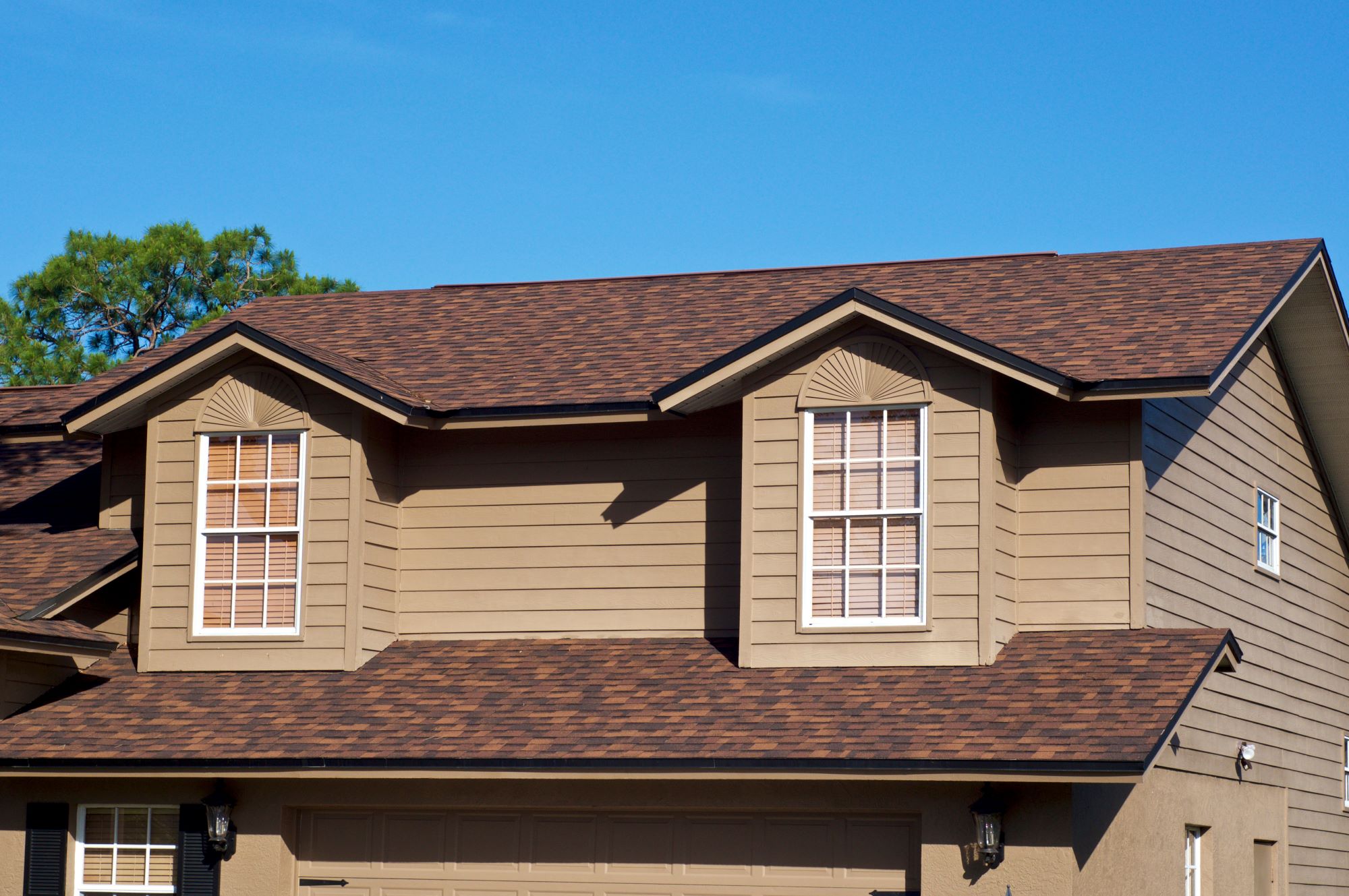When it comes to roofing projects, homeowners often wonder about their presence during the process. The question of whether you should be home during the roofing process is multifaceted and depends on several factors, including the scope of the project, your comfort level, and the policies of the local roofers handling the job. This article aims to provide a comprehensive overview of considerations and advice to help you make an informed decision.
Considerations for Staying Home
Safety and Security: One of the primary reasons homeowners choose to stay home during a roofing project is for safety and security. Having someone at home can ensure that the property is secure and that any unexpected issues can be promptly addressed. Residential roofing contractors often appreciate having a point of contact on-site for any immediate decisions or concerns that may arise.
Noise and Disturbance: Roofing projects are inherently noisy, involving hammering, drilling, and workers moving around. Staying at home means you will be subject to this noise, which can be particularly disruptive if you work from home or have small children or pets. Some homeowners prefer to vacate the premises during working hours to avoid the disturbance.
Communication: Being on-site can facilitate direct communication with the roofing team. You can receive real-time updates, provide immediate feedback, and make quick decisions if necessary. Local roofers can also benefit from clear, direct communication, which can lead to a smoother project execution.
Privacy and Comfort: Your home is your sanctuary, and having a team of workers on your property can feel intrusive to some. The decision to stay home may hinge on your comfort level with this temporary invasion of privacy and whether you can adapt your daily routine around the disruptions.
Considerations for Leaving
Work Efficiency: Contractors, whether commercial roofing contractors or residential ones, may work more efficiently when the homeowner is not present. This is not due to a lack of transparency but rather the reduction in interruptions and the ease of movement around the property. Workers can navigate the site more freely, potentially speeding up the project’s completion.
Health and Safety: Roofing involves the removal of old materials, which can release dust, debris, and possibly hazardous substances like asbestos (in older homes). For health reasons, it might be safer to vacate the property, especially if you have respiratory issues or there are vulnerable individuals living in the home.
Stress Reduction: The mess and noise associated with roofing projects can be stressful. Leaving the house can spare you from the chaos and allow the roofing team to work unimpeded. Many homeowners find that not witnessing the intermediate stages of the project—when the property might look its worst—helps reduce anxiety about the work being done.

Recommendations
Discuss with Your Contractor: Before making a decision, have a detailed conversation with your chosen roofing contractor, be they local roofers, commercial roofing contractors, or residential roofing contractors. Discuss their expectations for your presence and any recommendations they might have based on the scope of your project.
Consider Partial Presence: If you’re undecided, consider being home at the start of the project to meet the crew, go over any last-minute details, and then leave during the bulk of the work. You might also choose to return towards the end of the day for an update. This approach allows you to maintain a presence without enduring the full brunt of the construction noise and activity.
Prepare Your Home: Whether you choose to stay or leave, prepare your home for the project. Secure loose items, protect valuable possessions, and create a clear path for workers to access the roof. If you decide to stay, identify a quiet space in your home where you can retreat from the noise.
Safety Measures: Ensure that your contractor has a plan for maintaining the safety and cleanliness of your property, especially if you plan to be away. This includes daily cleanup routines and securing the work site at the end of each day.
Communication Plan: Establish a clear communication plan with your roofing contractor. Whether you’re at home or away, knowing how updates will be communicated (e.g., daily emails, texts, or phone calls) can help you stay informed about the project’s progress.
Conclusion
Deciding whether to be home during a roofing project is a personal choice that depends on individual circumstances and preferences. Both staying and leaving have their advantages and considerations. It’s essential to weigh these factors in light of your specific situation and in consultation with your roofing contractor. Whether you’re working with commercial roofing contractors, residential roofing contractors, or local roofers, clear communication and a mutual understanding of expectations can ensure the project goes smoothly, regardless of your presence. Ultimately, the priority should be the successful completion of your roofing project with minimal stress and disruption to your daily life.

